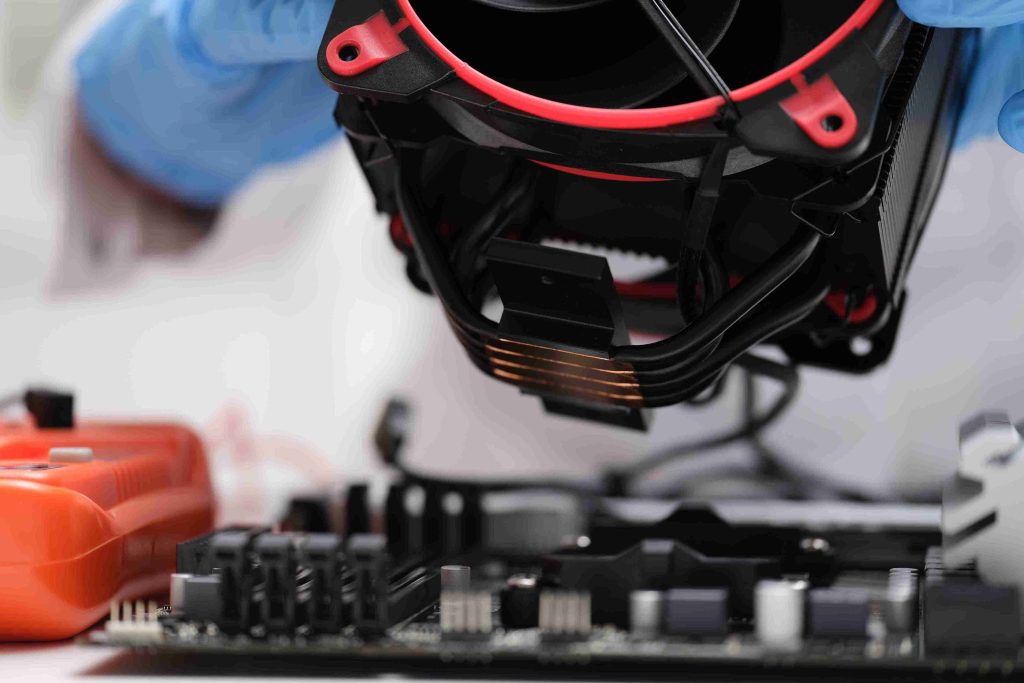In the modern industrial landscape, innovation defines progress. From advanced display systems to high-precision automotive components, the demand for technology that enhances performance and efficiency continues to rise. Among the many products contributing to this evolution, the dot matrix screen for sale and automotive electronic mold accessories have become essential to shaping smarter, more efficient production systems.
In this article, we will discuss how both innovations are transforming industries, improving product design, and supporting the move toward automation and smarter engineering solutions. Without any further delay, let’s begin with our article.
What Defines a Dot Matrix Screen and Why Is It Still Relevant Today?
A Dot Matrix screen is a display device that uses a grid of dots to form images, text, and numerical data. Despite the emergence of high-resolution displays, Dot Matrix technology remains widely used in industrial environments, automotive dashboards, and machinery control systems due to its reliability and adaptability. These screens can operate efficiently under harsh conditions, such as extreme temperatures, vibrations, and dust exposure.
The Dot Matrix screen for sale in today’s market is not just a basic display component but an intelligent communication tool that offers real-time visibility and operational precision. Their ability to integrate with control modules makes them ideal for equipment status monitoring, digital signage, and embedded electronic systems.
How Does Dot Matrix Technology Enhance Industrial Applications?
In many industrial and automotive settings, the clarity and simplicity of Dot Matrix displays make them indispensable. They offer flexible data presentation formats, which allow operators to read essential metrics without distraction. Unlike complex graphical interfaces, Dot Matrix displays deliver crucial information instantly and clearly, reducing operational delays. Industries prefer these screens for applications where rugged performance, long life, and low maintenance are key priorities.
For instance, in automotive manufacturing, Dot Matrix screens are used in diagnostic equipment, assembly line indicators, and control panels. These screens also play a role in embedded devices where precision communication is vital for safety and productivity.
What Are Automotive Electronic Mold Accessories and Why Are They Important?
Automotive electronic mold accessories form a critical part of the vehicle manufacturing ecosystem. These components are precision-engineered tools used in molding processes to shape plastic, rubber, and electronic housings for modern vehicles. As vehicles become more technologically advanced, the need for precise molds that can accommodate sensors, wiring harnesses, and integrated electronics grows significantly.
These accessories ensure dimensional accuracy, surface quality, and compatibility with various electronic modules used in modern cars. The increasing demand for electric vehicles and smart automotive systems has further pushed manufacturers to adopt high-quality electronic mold accessories to achieve consistency and reliability in production.

How Do Mold Accessories Influence Automotive Electronics Production?
In the automotive industry, every electronic component must fit seamlessly within the vehicle’s structure. Whether it is the casing of an onboard computer, a sensor module, or a digital dashboard, the molds used to produce these components determine their precision and durability. Automotive electronic mold accessories provide the exact geometry required to create compact and efficient housings for sensitive electronics.
They ensure that each component aligns perfectly with other mechanical and electrical systems, minimizing the risk of malfunction. Additionally, high-grade mold materials improve heat resistance and reduce deformation, which is essential for maintaining quality during mass production.
Through innovative design and machining, these accessories contribute to greater energy efficiency and reduced material waste.
How Are Dot Matrix Screens and Mold Accessories Connected in Modern Manufacturing?
Although they serve different functions, both the Dot Matrix screen for sale and automotive electronic mold accessories share a common purpose: improving precision and performance in manufacturing. In fact, many automotive display systems today are produced using molds designed specifically for integrating Dot Matrix or LED modules. The relationship between display technology and mold design highlights how mechanical engineering and electronics converge in modern production.
For example, the outer casing of a vehicle’s instrument panel or an industrial control screen requires molds that perfectly align with the electronic display structure. This collaboration ensures durability, visual clarity, and user-friendly interfaces.
Manufacturers that produce both display systems and mold components often work together to create unified solutions that optimize both function and appearance.
What Role Does Technology Play in Enhancing Manufacturing Efficiency?
Technology has redefined how industries approach production. Advanced computer-aided design (CAD) systems and automation tools now enable manufacturers to design and test mold accessories with extreme precision before physical production begins. Similarly, modern Dot Matrix screens integrate with digital systems that support intelligent diagnostics, data visualization, and machine communication.
When combined, these technologies create a seamless ecosystem where every element of the production line communicates efficiently. This integration reduces errors, speeds up assembly, and improves quality control.
Moreover, IoT and AI-based analytics allow manufacturers to predict maintenance needs and optimize material usage, reducing downtime and costs while ensuring consistent performance.
How Is Customization Shaping the Future of These Technologies?
Customization is now at the core of industrial progress. Manufacturers increasingly require tailor-made Dot Matrix screens for sale that meet specific interface, size, and connectivity standards. Likewise, automotive producers rely on custom mold accessories to create unique vehicle designs that reflect their brand identity and performance goals.
Customization allows companies to differentiate themselves in a competitive market while maintaining production efficiency. For example, specialized molds designed for hybrid vehicle components or digital instrument clusters provide manufacturers with flexibility to meet evolving consumer demands.
This level of personalization promotes innovation and ensures that technological solutions remain relevant across industries.
What Does the Future Hold for Dot Matrix Screens and Mold Accessories?
The future of industrial technology depends on continuous improvement, and both these innovations are set to evolve further. The Dot Matrix screen for sale will likely adopt advanced integration capabilities, supporting wireless communication and smart automation systems. At the same time, automotive electronic mold accessories will continue to benefit from precision manufacturing techniques like 3D printing and laser-assisted machining.
These advancements will make the production of complex automotive parts faster, more reliable, and cost-effective. Moreover, the integration of intelligent sensors in molds and displays will enhance process monitoring, making production more adaptive and self-correcting.
Conclusion:
The connection between Dot Matrix screens and automotive electronic mold accessories illustrates how different fields of engineering complement one another. Display systems communicate vital information, while mold accessories ensure the physical integrity of the products that house them.
Together, they create a balance between digital intelligence and structural craftsmanship. As industries continue to advance, the collaboration between these technologies will define the next era of manufacturing; one that values precision, sustainability, and adaptability.




